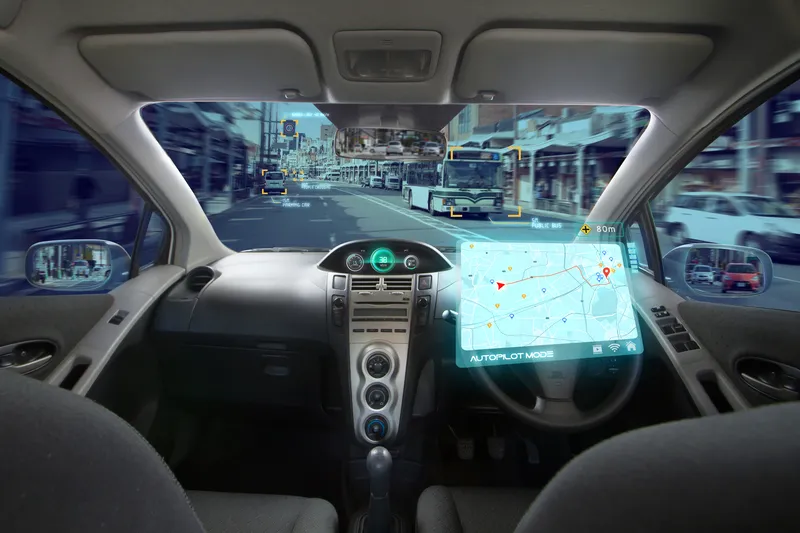
Quest has selected Samsara, developer of Connected Operations Cloud, to enhance the safety of its fleet operations.
By harnessing Samsara’s video-centric safety solution, Quest says it is set to use AI dash cams, driver coaching tools and data to improve fleet safety.
Samsara’s platform enables organisations that depend on physical operations to harness Internet of Things (IoT) data to develop insights and improve their operations. The company says that it has tens of thousands of customers across North America and Europe in sectors such as construction, transportation and warehousing, field services, manufacturing, retail, logistics and the public sector.
Quest says that in conjunction with an existing programme that focuses on annual driving behaviour training, Samsara’s AI Dash Cams and driver coaching tools are poised to deliver tangible benefits, including the reduction of accidents, the prevention of false claims, and a decrease in operational costs. The video-driven safety solution leverages advanced AI technology and g-force accelerometer data to provide real-time insights to fleet managers.
Among these insights are the detection of distracted driving, instances of harsh braking and acceleration and tailgating. Audible in-cab alerts draw attention to high-risk behaviour and incidents. Safety reports and user-friendly workflows, including driver safety scores and risk assessments, facilitate scalable driver coaching and incentivise safe driving practices.
Furthermore, by using the Samsara Driver mobile app, Quest can introduce driver-centric gamification and establish employee reward programmes. This will further foster a culture of safety among its workforce, said Dave Smithson, transport manager at Quest, and elevate the company’s driver safety efforts to the next level.
“This technology will empower us to provide guidance and support to our team members for enhancing their driving behaviour. Moreover, it offers us a standardised approach for incident reviews and driver monitoring,” he said.
In addition to establishing a comprehensive fleet safety programme, Quest said it plans to harness the capabilities of Samsara’s Connected Operations Platform. This platform will provide real-time fleet visibility to ensure enhanced productivity through better fuel and maintenance planning, continuous monitoring of assets and equipment, and cost reduction. This includes the ability to robustly defend against legal and insurance claims, thus safeguarding the well-being of employees, the company and public safety.
“We look forward to providing them [Quest] with the insights and real-time data they need to create a real-world impact on safety, for their employees, customers and the community within which they operate,” said Philip van der Wilt, senior vice president and general manager for Europe, Middle East and Africa (EMEA) at Samsara.










